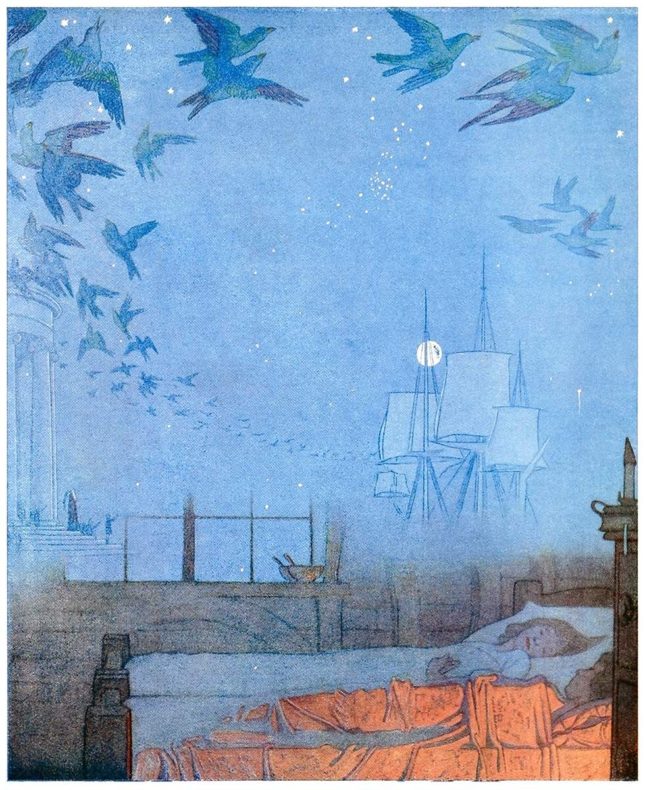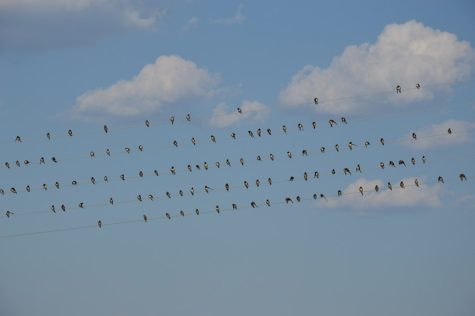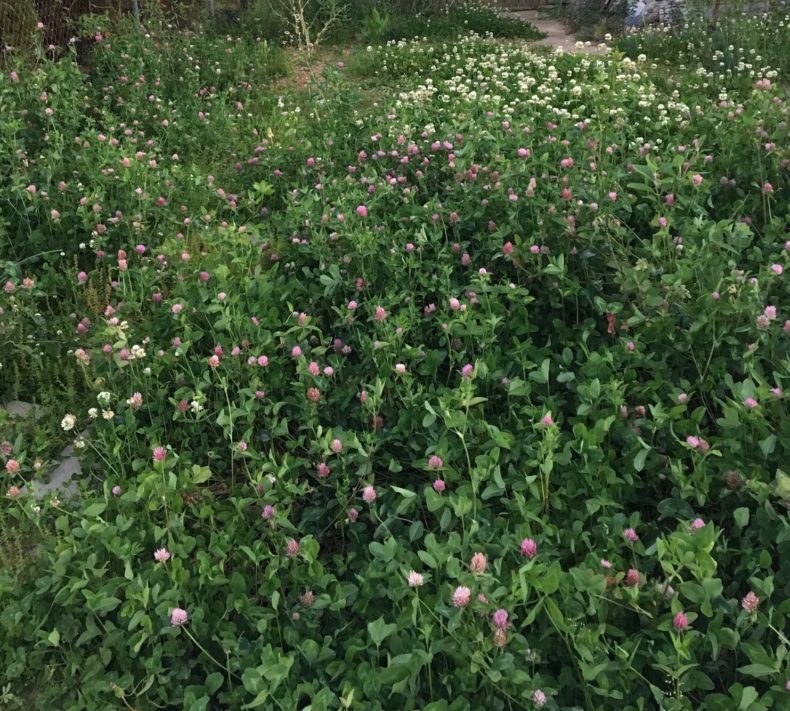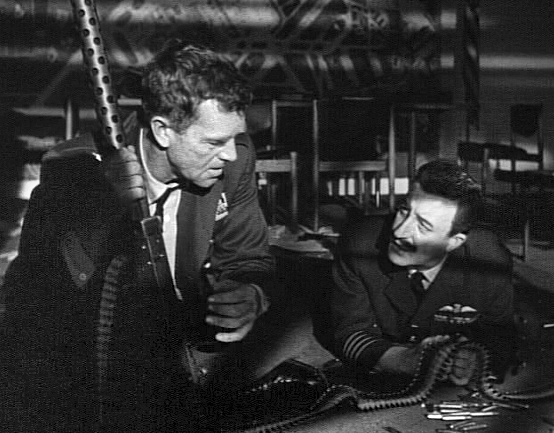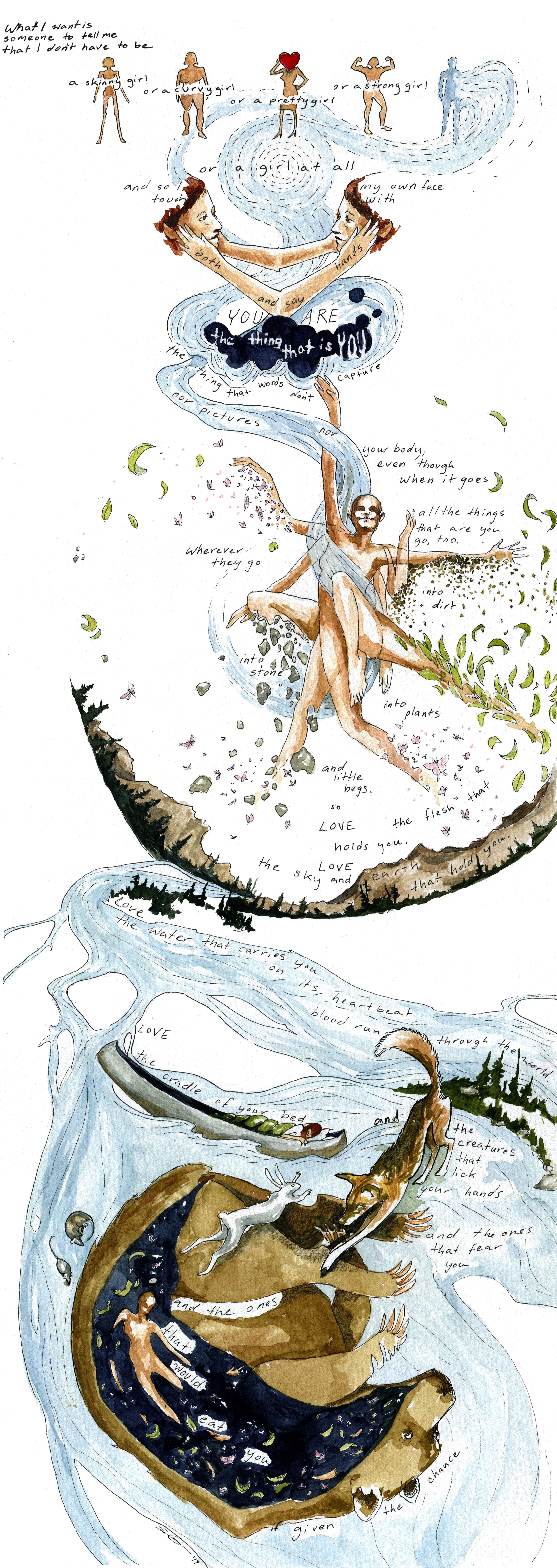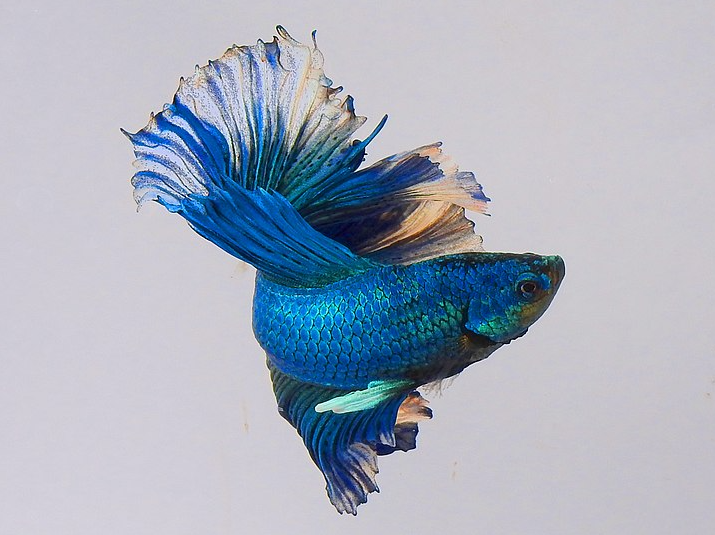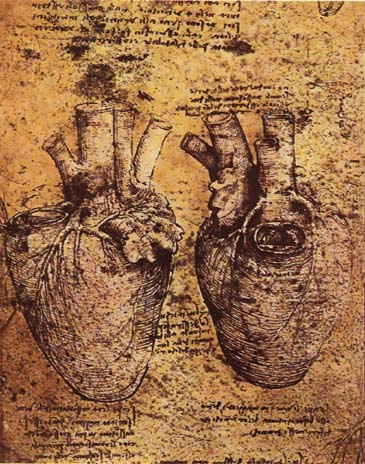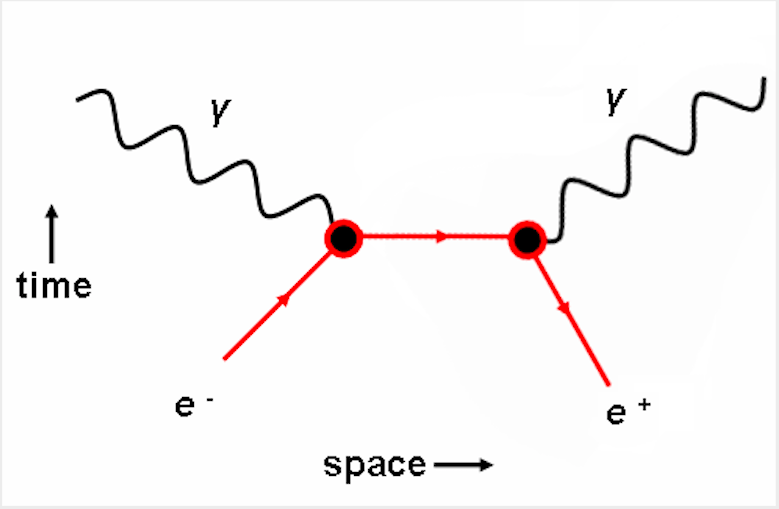
This story first ran January 17, 2019. It’s about a quark. Any resemblance to the author is purely coincidental. In fact, any perceived real-world parallels reflect more on the reader’s personal issues than the writer’s, don’t you think? You know what, stop judging me.
It’s been a rough couple billion years. I don’t know why, I just haven’t been feeling the same way as I did in the billions of years after the Big Bang. Back then, being a quark meant something – it had weight you know? Muons and leptons took you seriously, electrons wanted to get together with you and build a little chemistry.
I just … popped after the Big Bang. I had charge.
But the last couple billion years, I don’t know, I’ve just felt a little down. I feel jumbled, disordered. Maybe it’s entropy, maybe I just need a hobby.
——————————————————————————————————————
So I split up with my nucleus. Being part of a proton as kid was exciting, we were colliding with everything in our path and ready to take on the galaxy. But the galaxy is mostly empty space and, when you get right down to it, so is the atom. Lately it’s been like, what’s the point? It was amicable. We said we’d keep in touch – we won’t – joint custody of the ions – I’ll be lucky to get weekends. I was sad to see the fourth valence electron go, she was a mercurial as hell but a good listener. Ah well. Onward.
——————————————————————————————————————
Life has become a slog. I guess I’ll never be one of those top quarks you see in the magazines. I’m doing some part time work in a tomography lab but I just don’t get much from weak interactions. Everything around me these days just feels like decay. I’m guess I’m just having trouble feeling positive.
——————————————————————————————————————
Things have gotten worse. I can’t tell anymore if I’m spinning or everyone else is. I’m pretty down.
——————————————————————————————————————
Continue reading